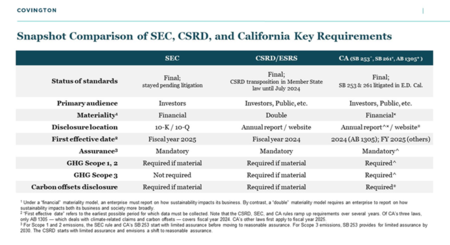On the eve of the Budget and a Federal Election, the Business Council of Australia (BCA) has renewed its advocacy for a company tax cut for big business. New Australia Institute analysis finds that the BCA’s proposed tax cut would cost the Budget up to $75 billion dollars over the next decade. The BCA offers nothing in return.
Currently, the Business Council of Australia is proposing a big business company tax cut by way of increasing the turnover thresholds for small businesses (who pay 25% company tax and currently have turnover below $50 million) and big business (who currently pay 30% company tax).
Key Findings:
- The BCA proposes to cut by way of increasing the threshold below which companies currently pay 25 cents in the dollar compared with the standard rate of 30 cents in the dollar.
- The BCA proposes several options, including increasing the turnover threshold from $50 million to “either $250 million, $500 million or $1 billion and switch to a domestic turnover test”.
- Depending on the option presented by the BCA, this amounts to $75 billion of new concessions over a decade. The BCA is not claiming such a move would benefit the economy in any way, apart from adding to corporate sector profits.
- The proposed domestic turnover provision is likely to open up large opportunities for tax avoidance.
“The economic case for company tax cuts is poor. Our research shows that a there is no correlation between lower company tax rates, employment or economic growth,” said Ben Oquist, executive director of the Australia Institute.
“It makes no economic or budget sense to deliver big business a $75 billion dollar windfall when Australia already has a revenue problem.
“A multi-billion dollar company tax cut represents an enormous hit to the budget. It means either racking up a much bigger deficit or cutting back on critical investments like education, hospitals and infrastructure or likely both.
“OECD countries with lower company tax rates have lower standards of living, and as corporate and company taxes have been lowered in other countries, there has been a rise in average unemployment rates and decline in wages and mixed income.”








